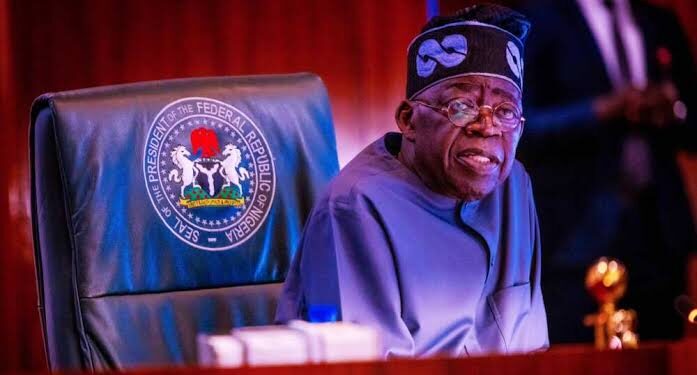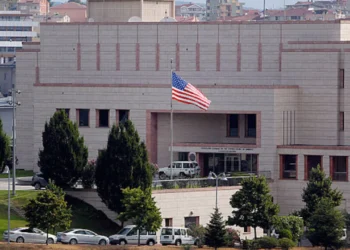President Bola Tinubu has just appointed about 555 persons to serve as Pro-chancellors/Chairmen and members of Governing Boards of 111 federal universities, polytechnics and Colleges of Education in the country.
An advertorial placed by the Education Ministry and signed by he ministry’s Permanent Secretary, Mrs. Didi Esther Walson-Jack showed the appointment of a chairperson and four members for each of the institutions.
When asked to contacted for confirm the appointments, the Presidency said the list emanated from the Ministry of Education.

The appointments have followed Academic Staff Union of Universities threats to embark on another strike, possibly disrupting the academic calendar and leading to further setbacks in the country’s higher education sector.
The union, had on Tuesday, bemoaned the failure of the Federal Government to appoint Governing Councils for federal universities and had criticised the nonchalant attitude of Tinubu’s administration towards academics in federal universities.
The body of academics, during a briefing at the University of Abuja, also faulted the 35 per cent salary increment for professors and the 25 per cent salary increment for other academics in the university system.
What Does This Mean
While President Tinubu’s appointment of governing board members for 111 tertiary institutions addresses some issues, it might be criticized for not solving deeper problems like underfunding and poor infrastructure.
The timing seems like a quick fix to avoid strikes, rather than a long-term plan. Critics may also argue that there wasn’t enough consultation with key stakeholders like ASUU and students. Some might worry the appointments are politically motivated and don’t prioritize competence. Additionally, the move may not fully address ongoing salary disputes and faculty dissatisfaction, raising doubts about its overall effectiveness.
Bottom Line
The bottom line is that while President Tinubu’s appointments aim to address immediate governance issues and potential strikes in tertiary institutions, they may fall short in resolving deeper systemic problems, raising concerns about their long-term effectiveness and motivations.

















